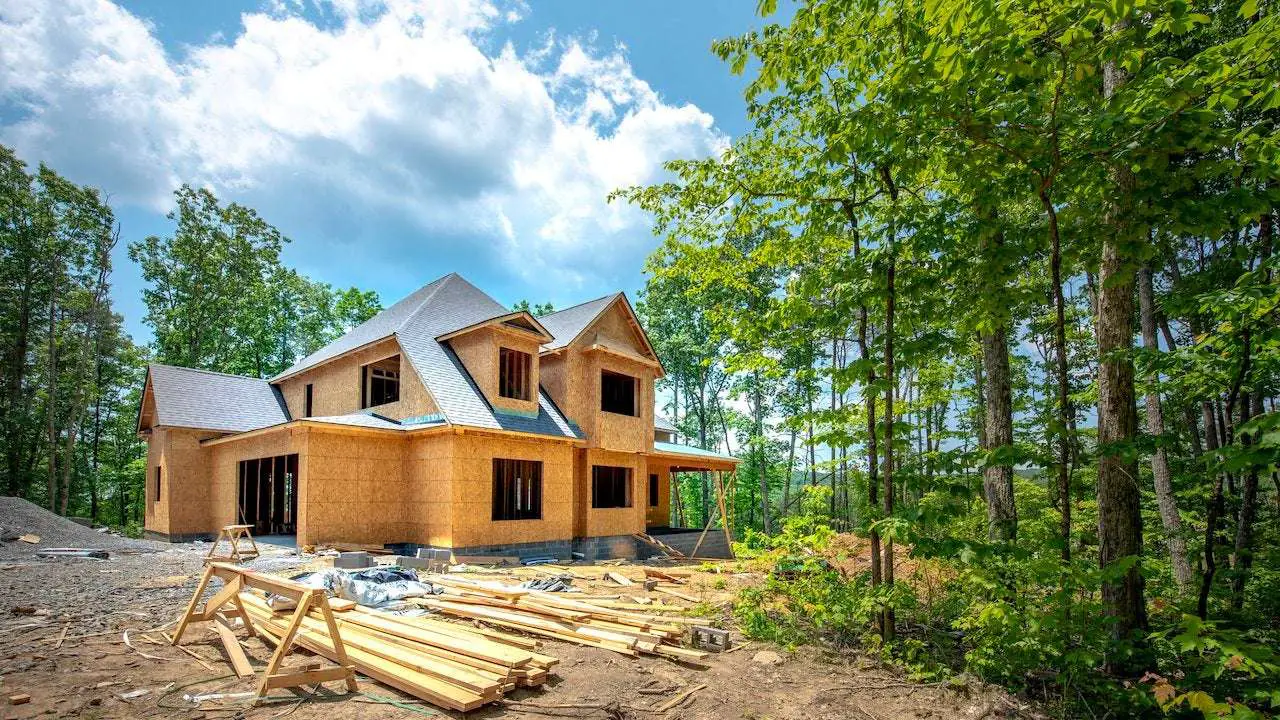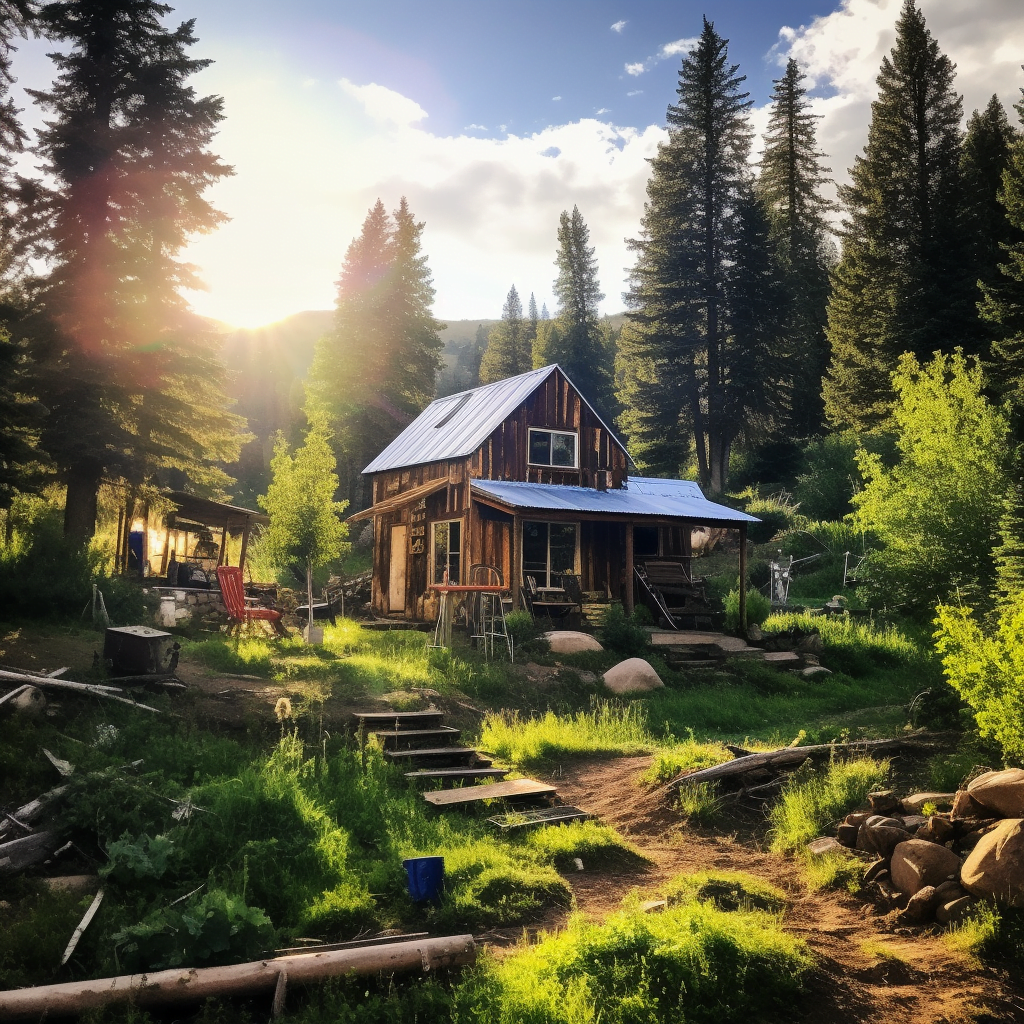When it comes to buying land for building a house, there are several important factors to consider. Firstly, location plays a crucial role in determining what kind of house can be built and whether or not it aligns with your vision. Zoning is another key aspect that should not be overlooked, as it determines the allowed use of the land. In addition, conducting thorough due diligence is essential to avoid any potential legal or environmental issues. Long-term costs and the feasibility of development should also be taken into account. Furthermore, it is important to familiarize yourself with any restrictions on housing types and ensure access to utilities and road maintenance. Additionally, addressing mineral rights and being aware of covenant and HOA rules are crucial factors that must be considered. Checking the land in different seasons and conducting soil compaction tests are also important to ensure suitability for building and farming. Verifying road access and any related restrictions is essential as well. Lastly, thorough research, financial planning, and consulting with experts are highly recommended in order to make an informed decision.
Factors to Consider When Buying Land
When it comes to buying land, there are several important factors to consider. Whether you’re looking to build a house or park a mobile home, it’s crucial to thoroughly evaluate these factors to ensure that the land meets your needs and expectations. In this article, we will discuss the key considerations when buying land, including location, zoning, due diligence, long-term costs and feasibility, restrictions on housing types, access to utilities and road maintenance, mineral rights, covenant and HOA rules, suitability for building and farming, as well as road access and restrictions.
Location
The location of the land is a critical factor to consider. The importance of location cannot be overstated, as it will impact various aspects of your daily life. Consider the proximity of the land to amenities such as schools, hospitals, shopping centers, and recreational areas. Having these amenities nearby can greatly enhance your quality of life and convenience.
Another aspect to consider is access to transportation. Is the land conveniently located near major roads or highways? Will you have easy access to public transportation? These factors can have a significant impact on your daily commute and accessibility to other areas.
Additionally, it’s worth researching any future development plans in the area. Are there any upcoming infrastructure projects that could affect the value or potential use of the land? Being aware of future development plans can help you make an informed decision about whether the location is suitable for your long-term needs.

Zoning
Understanding land zoning is crucial when buying land. Zoning regulates the use and development of land, and it’s important to know how the land you’re interested in is zoned. Different zones have different regulations and restrictions, so it’s important to ensure that the zoning allows for residential use if that’s your intended purpose.
To check the zoning regulations, you can contact the local planning or zoning department. They will provide you with information about the current zoning designation for the land and any associated restrictions and requirements. It’s important to carefully review these regulations to ensure that your intended use of the land aligns with the zoning requirements.
Due Diligence
Conducting due diligence is a crucial step in the land-buying process. It involves thoroughly researching and investigating the land to uncover any potential issues or risks. This can prevent future legal or environmental problems and protect your investment.
One important aspect of due diligence is conducting a title search and survey. This will help you identify any encumbrances or claims on the land and ensure that the seller has the legal right to sell it. Additionally, a survey will provide you with an accurate boundary and topographic map of the land, which can be useful for planning purposes.
Environmental assessments are also an important part of due diligence, especially if the land has prior or current industrial or agricultural use. These assessments can uncover any potential environmental contamination or hazards that may impact your plans for the land.
It’s also crucial to consider any legal considerations associated with the land. This includes researching any easements, rights of way, or other legal obligations that may affect your use of the land.
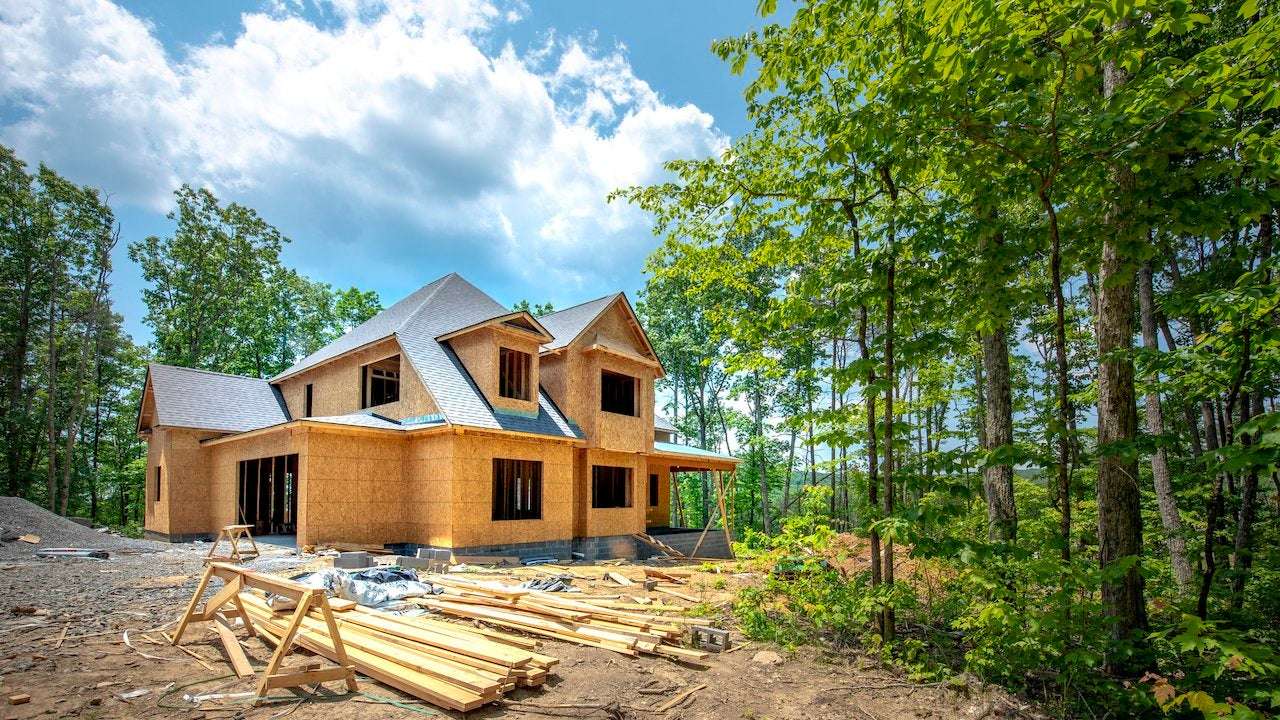
Long-Term Costs and Feasibility
When buying land, it’s important to consider the long-term costs and feasibility of your development plans. While the initial purchase price may be affordable, you need to account for the additional costs that come with developing the land.
Consider the feasibility of your development plans. Are there any physical or regulatory constraints that may affect your ability to develop the land according to your vision? Are there any infrastructure requirements that you need to consider, such as the need for roads, utilities, or drainage systems? Failure to account for these costs and feasibility issues could result in unexpected expenses and delays.
Restrictions on Housing Types
Knowing the restrictions on housing types is essential when buying land. Different areas may have specific regulations and building codes that dictate the type of housing that can be constructed. For example, some areas may have architectural guidelines or historical preservation restrictions that limit the design or materials used for new construction.
Researching and understanding these restrictions is important to avoid any conflicts or issues down the line. Make sure to familiarize yourself with the building codes and regulations in the area where the land is located to ensure that your plans align with the requirements.

Access to Utilities and Road Maintenance
Before purchasing land, it’s crucial to consider access to utilities and road maintenance. Are there existing utility connections such as electricity, water, and sewer? If not, what are the costs and feasibility of connecting the land to these utilities? These are important factors to consider, as the cost and availability of utilities can impact the overall feasibility and cost of your development plans.
In addition, it’s important to understand the responsibility for road maintenance. Will you be responsible for maintaining the road leading to your land, or is it maintained by a government entity or homeowners association? Additionally, consider the road access during different seasons. Are there any restrictions or challenges during certain times of the year, such as snow or flooding?
Mineral Rights
Understanding mineral rights is another important factor to consider when buying land. In some cases, mineral rights may not automatically come with land ownership. Mineral rights refer to the ownership of the minerals beneath the surface of the land, such as oil, gas, or minerals.
If the land you’re interested in has potential mineral resources, it’s important to verify who owns the mineral rights. This is crucial, as the extraction of minerals can have significant impacts on the land and your use of it. If the mineral rights are not included in the sale, you may need to negotiate with the current owner or consider the potential implications of mineral extraction on your plans for the land.
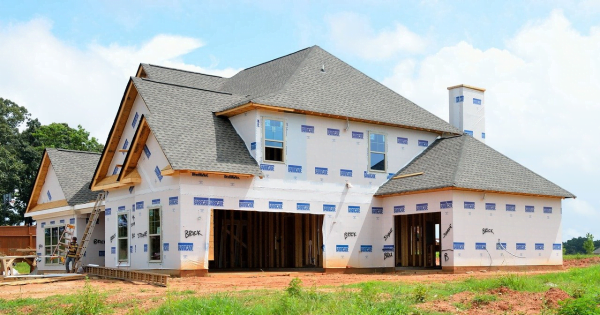
Covenant and HOA Rules
Many pieces of land are subject to covenant and homeowners association (HOA) rules. These rules can significantly impact the use and development of the land. It’s crucial to review these restrictions and regulations before purchasing the land to ensure that they align with your intended use and plans.
Covenant and HOA rules often outline architectural guidelines, restrictions on certain activities, and may also require the payment of fees. It’s important to understand the specific obligations and restrictions associated with the land in order to make an informed decision.
Suitability for Building and Farming
Before buying land, it’s important to assess its suitability for building and farming. This involves conducting thorough research and consulting with experts to ensure that the land is suitable for your intended use.
Issues to consider include the soil type, topography, and drainage characteristics of the land. Different types of soil and topography may have implications for construction and farming activities. Additionally, it’s important to verify road access to the land and any potential restrictions that may affect transportation and logistics for building and farming purposes.
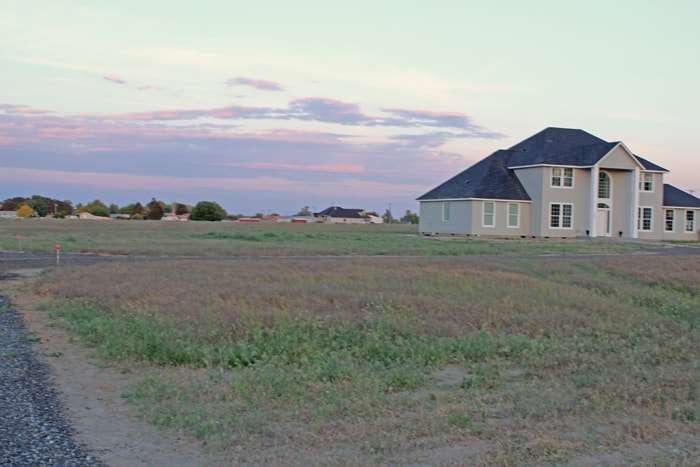
Road Access and Restrictions
Verifying road access to the property is crucial when buying land. Access to the land is essential for transportation, construction, and overall convenience. Ensure that there are reliable roads leading to the property and consider any potential restrictions or challenges, such as seasonal road closures or rights-of-way.
Additionally, it’s important to consider the impact of road access on the overall value and potential use of the land. Easy and convenient road access can enhance the value and marketability of the property.
In conclusion, buying land is a significant investment that requires thorough research, financial planning, and consulting with experts. By considering factors such as location, zoning, due diligence, long-term costs and feasibility, restrictions on housing types, access to utilities and road maintenance, mineral rights, covenant and HOA rules, suitability for building and farming, as well as road access and restrictions, you can make an informed decision that aligns with your needs and goals. Remember to conduct due diligence, review regulations, and carefully evaluate the suitability of the land before making a purchase. With careful consideration and preparation, buying land can be a rewarding and fulfilling experience.

